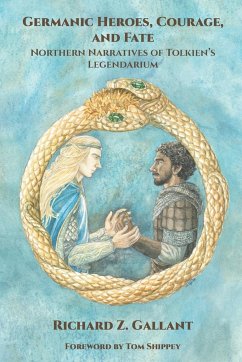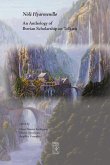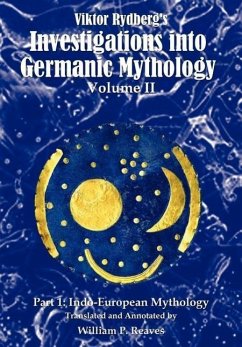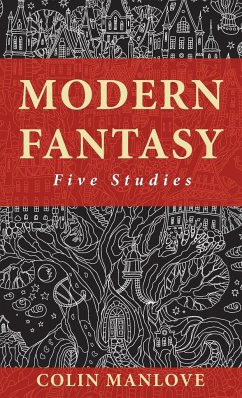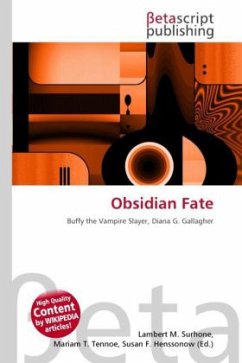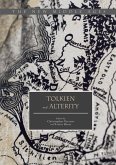The theory of Northern Courage was J.R.R. Tolkien's designation for the heroic ethos found in 'Germanic' or Northern heroic lays and epics. Tolkien admired the nobility of the old heroes, such as Beowulf, but wrestled with the inherent cruelty of the Welands, Ingelds, and Gunnars that is also expressed within this heroic framework. This volume explores the means in which this conflict of nobility and cruelty, virtue and vice, expresses itself in Tolkien's narrative fiction. Such means include the use of secondary-world chroniclers narrating a secondary-world history and tales to a secondary-world audience through illustrative narratives that dramatize the moral and ideological views of the narrators themselves. The narratives are often tragic, but they serve to highlight the different aspects of Northern courage through the examples of the Fingolfians, Fëanorians, and subsequently the Edain and Dúnedain. The moral and ideological views expressed by these secondary-world narrators parallel Tolkien's own personal correspondence and academic essays, which also criticized the vices and praised the virtues of Northern courage.
Bitte wählen Sie Ihr Anliegen aus.
Rechnungen
Retourenschein anfordern
Bestellstatus
Storno

